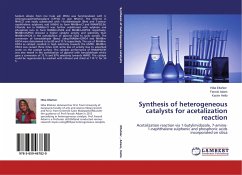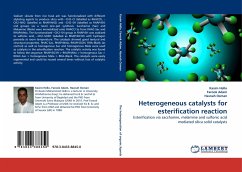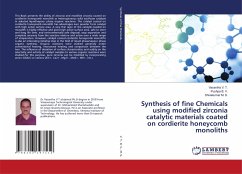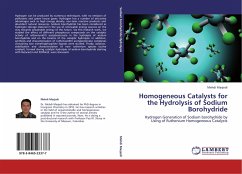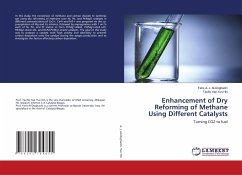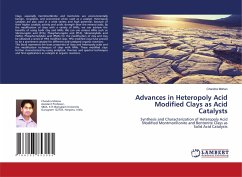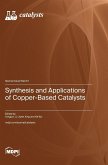Sodium silicate from rice husk ash (RHA) was functionalized with 3-(chloropropyl)triethoxysilane (CPTES) to give RHACCl. The chlorine in RHACCl was easily substituted with 1-butylimidazole (BIm) and 7-amino-naphthalene sulphonic acid (ANSA) to form RHABIm-Cl and RHANPSO3H. Chloride ion in RHABIm-Cl was further substituted with sulphate and phosphate ions to form RHABIm-HSO4 and RHABIm-H2PO4 respectively. RHABIm-H2PO4 showed a higher catalytic activity and selectivity than RHABIm-HSO4 in the acetalization of glycerol (Gly) to cyclic acetals. The conversion of benzaldehyde (Benz) using RHABIm-H2PO4 and RHABIm-HSO4 were determined to be 80 and 75 % respectively. The use of RHABIm-HSO4 as catalyst resulted in high selectivity towards the HMPD. RHABIm-HSO4 was reused three times with some loss of activity due to adsorbed water on the catalyst surface. The catalytic performance of RHANPSO3H was also tested in the acetalization of glycerol with benzaldehyde which gave a conversion of 72% and 87% selectivity towards HMPD. The catalyst could be regenerated by washed with ethanol and dried at 110 °C for 24 h.
Bitte wählen Sie Ihr Anliegen aus.
Rechnungen
Retourenschein anfordern
Bestellstatus
Storno

